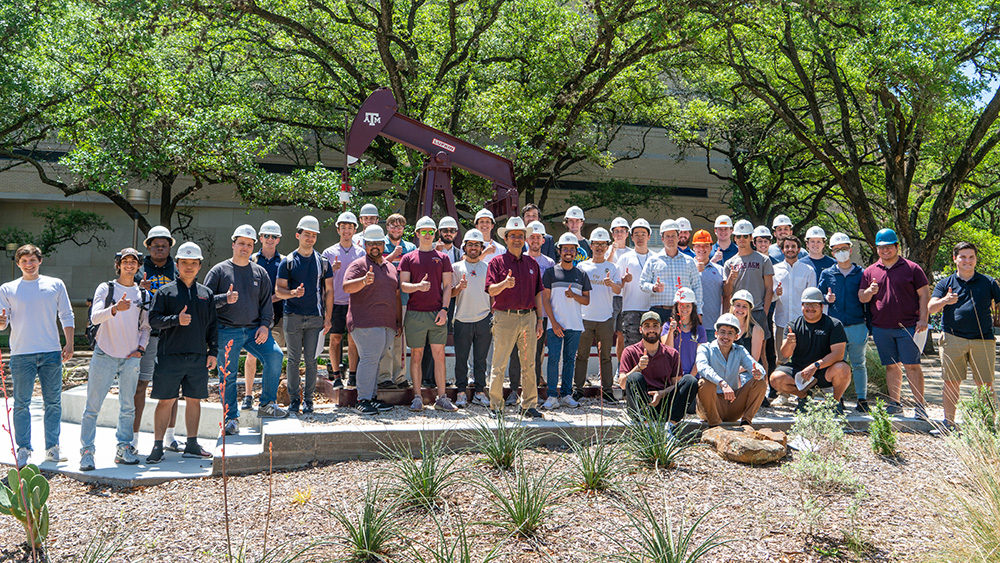
What is Petroleum Engineering?
Petroleum engineering is primarily concerned with the economic extraction of oil, gas and other natural resources from the earth. This is accomplished through the design, drilling and operation of wells and well systems, and the integrated management of the underground reservoirs in which the resources are found.
What do Petroleum Engineers do?
Petroleum engineers locate, recover, and maintain the world's oil and gas supplies. They are innovators who use cutting-edge technology to create new methods of discovering and drilling for oil. Although there are various job descriptions, petroleum engineers all serve one function: to provide the world with energy, while safeguarding the environment for future generations.
Where do Petroleum Engineers work?
Most careers involve a combination of office-based and advanced, computer-oriented technology work. Plus, petroleum engineers typically have numerous opportunities to travel across the globe for a variety of work-related projects.
Why study Petroleum Engineering at Texas A&M University?
The Harold Vance Department of Petroleum Engineering is one of the top petroleum schools in the nation. We have a long history with the study of petroleum recovery and continue to research the latest information to improve it.
Our rank among other U.S. public institutions that teach petroleum engineering (U.S. News and World Report):
- Number 1 undergraduate program (2024)
- Number 2 graduate program (2024)
We are known for our curriculum, research and faculty. Our curriculum gives every student a solid foundation in petroleum engineering fundamentals. We also insist on experience in research and industry through student summer internships.
This unique education provides our students with the skills and knowledge needed to become productive engineers now who are prepared for life-long learning in the future.
Our undergraduate advisors are your first point of contact for questions about our undergraduate degree program.